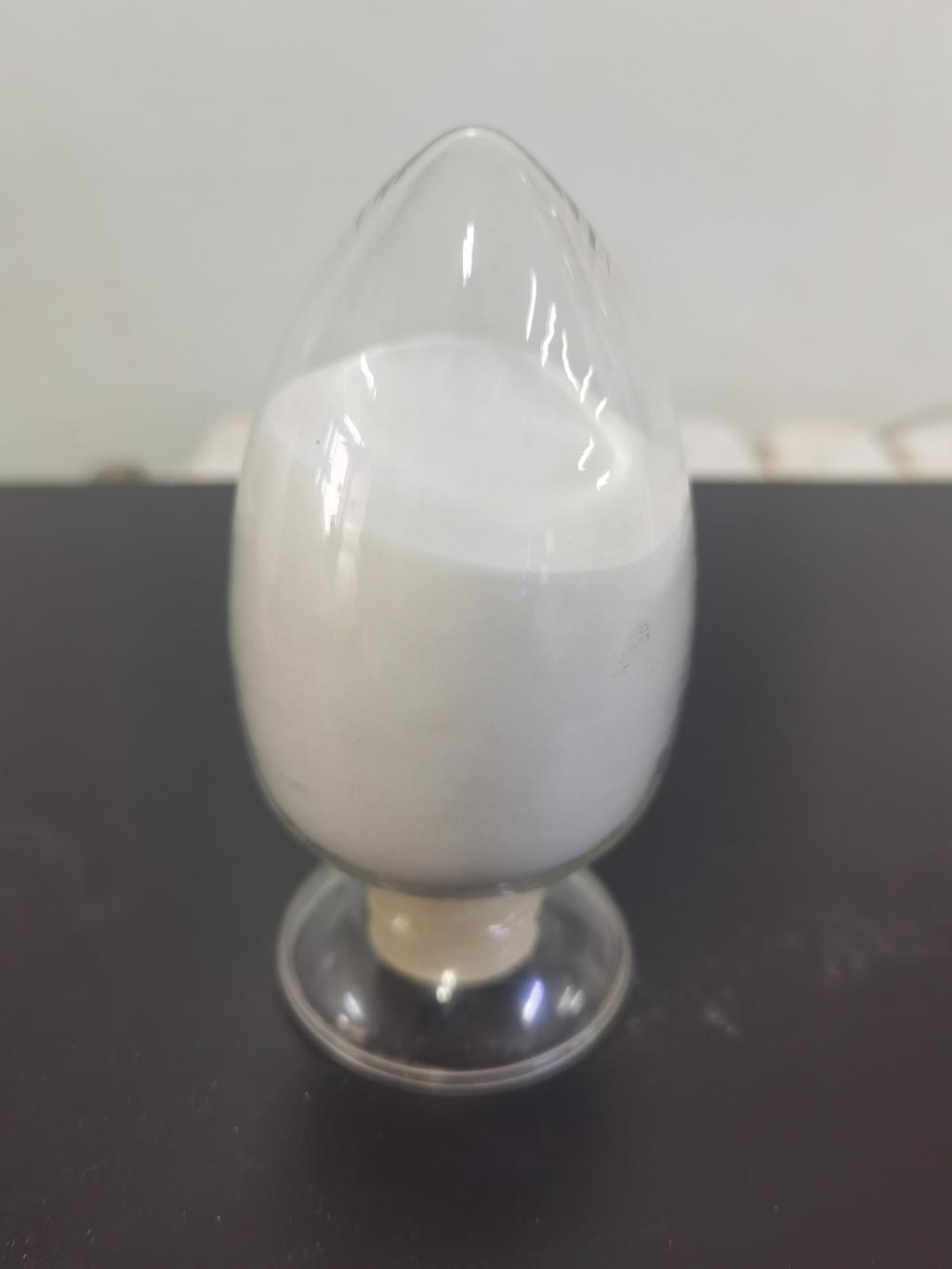Tel:+8618231198596

News
 CONTACT
CONTACT
 CONTACT
CONTACT
- Linkman:Linda Yao
- Tel: +8618231198596
- Email:linda.yao@dcpharma.cn
- Linkman:CHARLES.WANG
- Department:Overseas
- Tel: 0086 0311-85537378 0086 0311-85539701
News
The use of ε-Polylysine hydrochloride in reducing microbial risks in artisanal cheeses
TIME:2024-11-27
Microbial Risks in Artisanal Cheese Production
Artisanal cheese production involves minimal pasteurization, reliance on natural or starter cultures, and aging under specific environmental conditions. These factors, while essential for developing unique characteristics, also create vulnerabilities, including:
Pathogenic contamination from Listeria monocytogenes, Escherichia coli, and Salmonella.
Spoilage microorganisms like molds and yeasts that cause off-flavors, discoloration, and texture defects.
Traditional preservation methods, such as salting or vacuum packaging, may not sufficiently mitigate these risks, particularly during extended aging or distribution.
Properties of ε-Polylysine Hydrochloride
ε-Polylysine hydrochloride is a natural antimicrobial derived from Streptomyces albulus fermentation. It effectively inhibits a broad spectrum of microorganisms, including Gram-positive and Gram-negative bacteria, yeasts, and molds. Its key features include:
Water solubility: Allows for easy integration into cheese brines or coatings.
Thermal stability: Remains effective even during mild heat treatments.
Natural origin: Complies with clean-label requirements and consumer demand for minimally processed foods.
Applications in Artisanal Cheeses
Surface Treatments
Applying ε-Polylysine hydrochloride as a surface spray or dip can protect the rind of artisanal cheeses during aging. This method prevents mold growth and reduces the risk of cross-contamination.
Incorporation into Brines
Many artisanal cheeses are soaked in brine solutions during production. Adding ε-Polylysine hydrochloride to the brine enhances its antimicrobial efficacy, reducing microbial load on the cheese surface.
Edible Coatings
Combining ε-Polylysine hydrochloride with edible coatings made from wax or other natural polymers creates a protective barrier, preserving the cheese's sensory qualities while preventing microbial spoilage.
Integration with Starter Cultures
ε-Polylysine hydrochloride can be used alongside starter cultures to selectively inhibit undesirable microorganisms without disrupting the fermentation process critical to flavor development.
Advantages for Artisanal Cheesemakers
Enhanced Safety: ε-Polylysine hydrochloride effectively reduces the risk of foodborne illnesses, meeting regulatory safety standards.
Extended Shelf Life: By controlling spoilage organisms, it prolongs the freshness of cheeses, reducing waste.
Preservation of Quality: Unlike some chemical preservatives, ε-Polylysine hydrochloride has minimal impact on the taste, texture, and aroma of artisanal cheeses.
Clean-Label Appeal: Its natural origin aligns with consumer preferences for traditional and authentic products.
Challenges and Considerations
While ε-Polylysine hydrochloride is highly effective, its use in artisanal cheeses requires careful optimization to avoid unintended interactions with natural microbial communities essential for flavor and texture development. Additionally, regulatory approval and labeling requirements may vary by region, necessitating compliance with local food safety laws.
Future Directions
The integration of ε-Polylysine hydrochloride into artisanal cheese production is an evolving field, with ongoing research focusing on:
Synergistic Preservation: Combining ε-Polylysine hydrochloride with other natural antimicrobials, such as nisin or essential oils, for broader microbial protection.
Controlled-Release Formulations: Developing systems that gradually release ε-Polylysine hydrochloride over time, providing sustained protection during aging.
Consumer Education: Increasing awareness of natural preservatives to address misconceptions about their use in traditional foods.
Conclusion
ε-Polylysine hydrochloride represents a powerful tool for artisanal cheesemakers, offering an effective and natural solution to reduce microbial risks. By safeguarding the safety and quality of artisanal cheeses, it supports the growth of this cherished industry while maintaining the integrity and authenticity that define its products.
- Tel:+8618231198596
- Whatsapp:18231198596
- Chat With Skype







